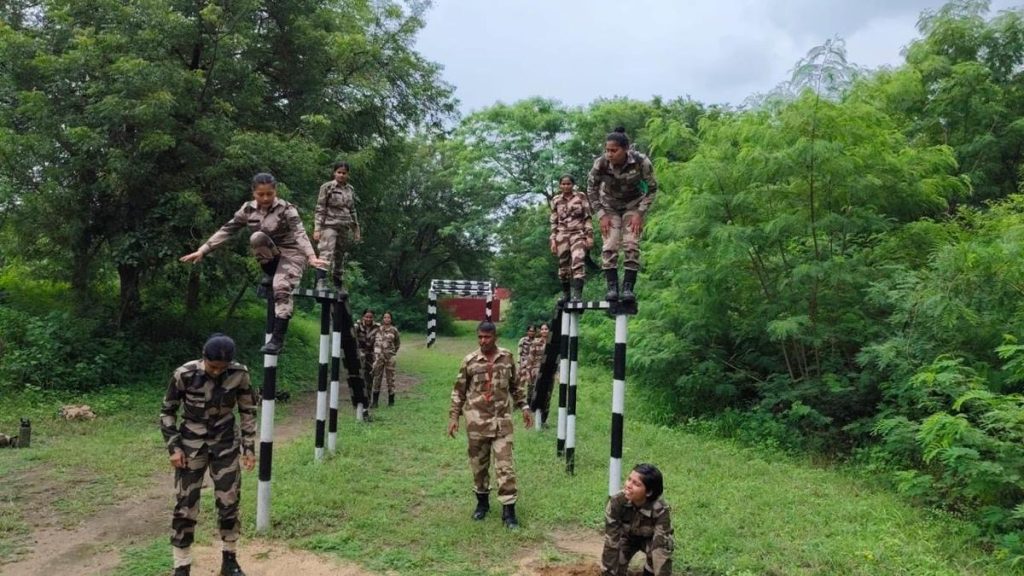Now Reading: BJP SC Morcha Demands ₹25,000/acre Relief for Rain-Hit Farmers in Kalaburagi
-
01
BJP SC Morcha Demands ₹25,000/acre Relief for Rain-Hit Farmers in Kalaburagi
BJP SC Morcha Demands ₹25,000/acre Relief for Rain-Hit Farmers in Kalaburagi
Speedy Summary:
- Ambaraya Ashtagi, state vice-president of BJP Scheduled Castes Morcha, urged the Karnataka government to compensate farmers ₹25,000 per acre for crop losses due to recent torrential rains in Kalaburagi district.
- Heavy rainfall destroyed kharif crops such as pigeon pea, green gram, black gram, soybean, sesame and cotton across six lakh hectares.
- Criticism was directed at agriculture,Horticulture and Revenue departments for failing to conduct joint surveys on crop damage or provide accurate data.
- Farmers faced difficulties using the toll-free helpline under the crop insurance scheme and were forced to approach Agriculture Department offices directly.
- Mr. Ashtagi demanded compensation based on National Disaster Response Fund norms without delay and emphasized making the helpline functional immediately.
- He called out district in-charge Minister Priyank kharge for “neglecting” local farmer issues amidst serious flooding incidents across Kalaburagi affected areas such as Malkhed and temples submerged in Mannur village.
- Concerns were raised over flooding caused by overflowing Bhima river due to excess water release from Ujjini reservoir in Maharashtra; better flood management measures were demanded.
- Pod borer-related crop losses from last year remain insufficiently compensated; only one installment under crop insurance disbursed so far.
Indian Opinion Analysis:
the widespread destruction of crops highlights how climate events increasingly impact agricultural livelihoods across india. Compensation requests like ₹25,000 per acre are critical but demand financial readiness from state budgets-placing pressure on governance frameworks tasked with disaster relief initiatives under NDRF norms. The failure of departments to coordinate surveys exemplifies gaps between administrative processes meant to protect farmers’ interests during crises.
Additionally troubling is poor functionality in official support mechanisms like toll-free helplines intended for grievance redressal-a systemic inefficiency that compounds farmer distress rather than alleviating it. Calls for better flood management systems also underline long-term risks stemming from erratic weather patterns exacerbated by cross-state water dynamics (e.g., Ujjini reservoir). These factors require cohesive state-centre actions prioritizing resilience-building infrastructure within vulnerable districts such as Kalaburagi.
While leadership accountability remains a valid political critique here-prompt visits or oversight form symbolic assurances-the broader imperative lies with policy coherence ensuring both immediate remediation options alongside post-disaster recovery pathways addressing pending compensations systematically.
Read more: The Hindu
























